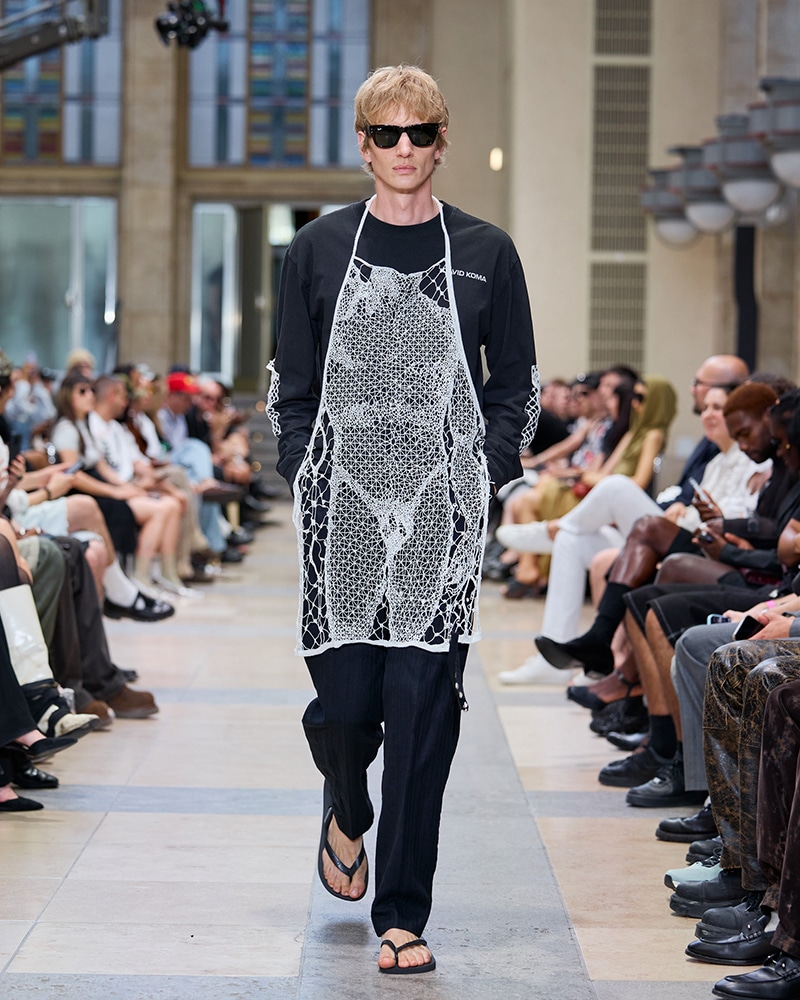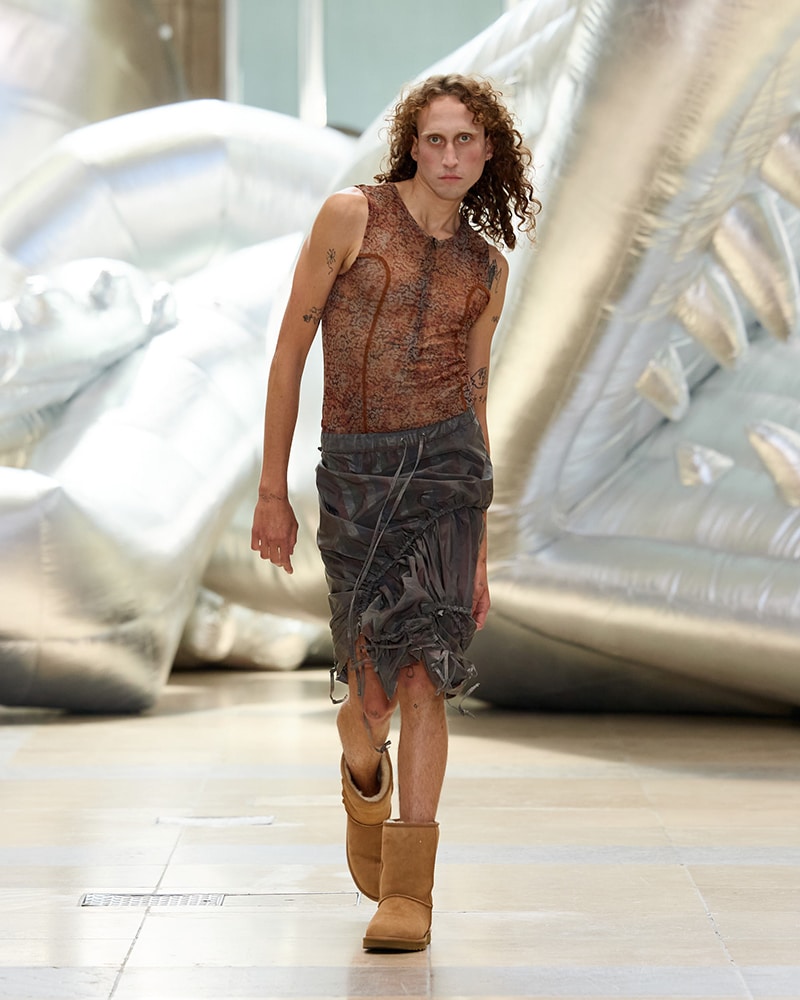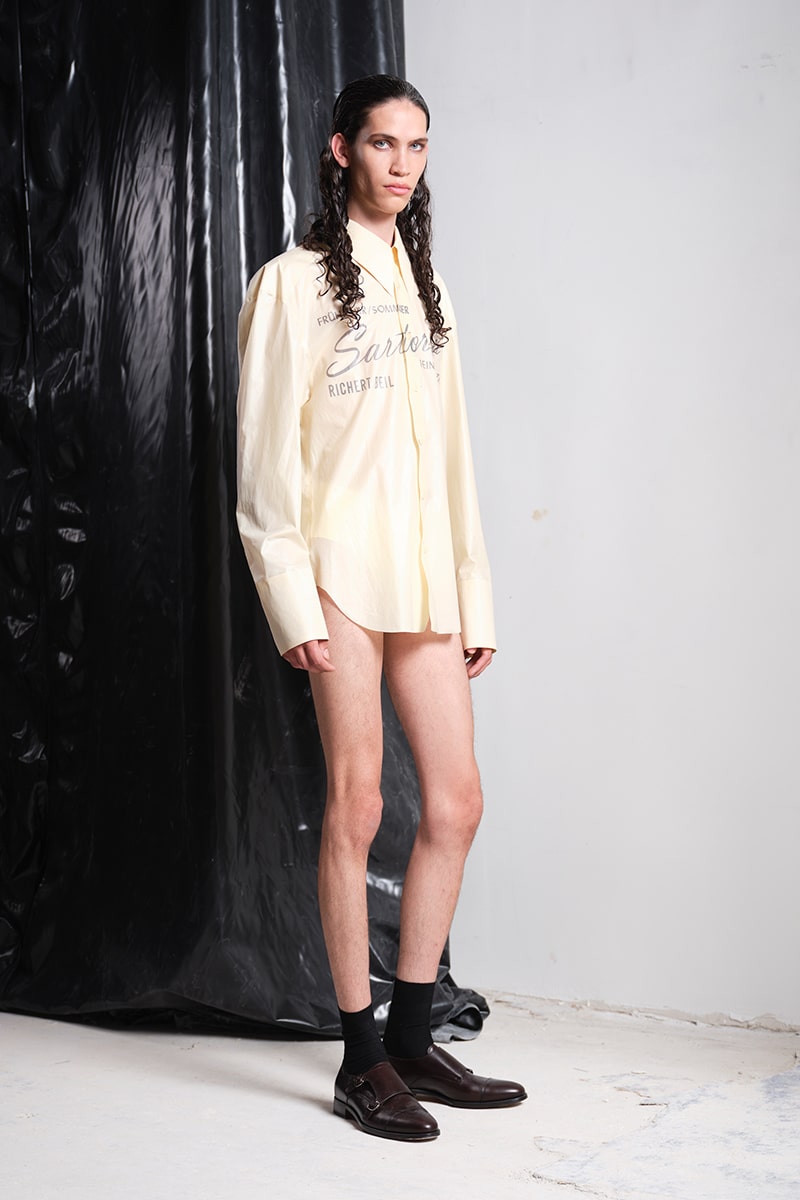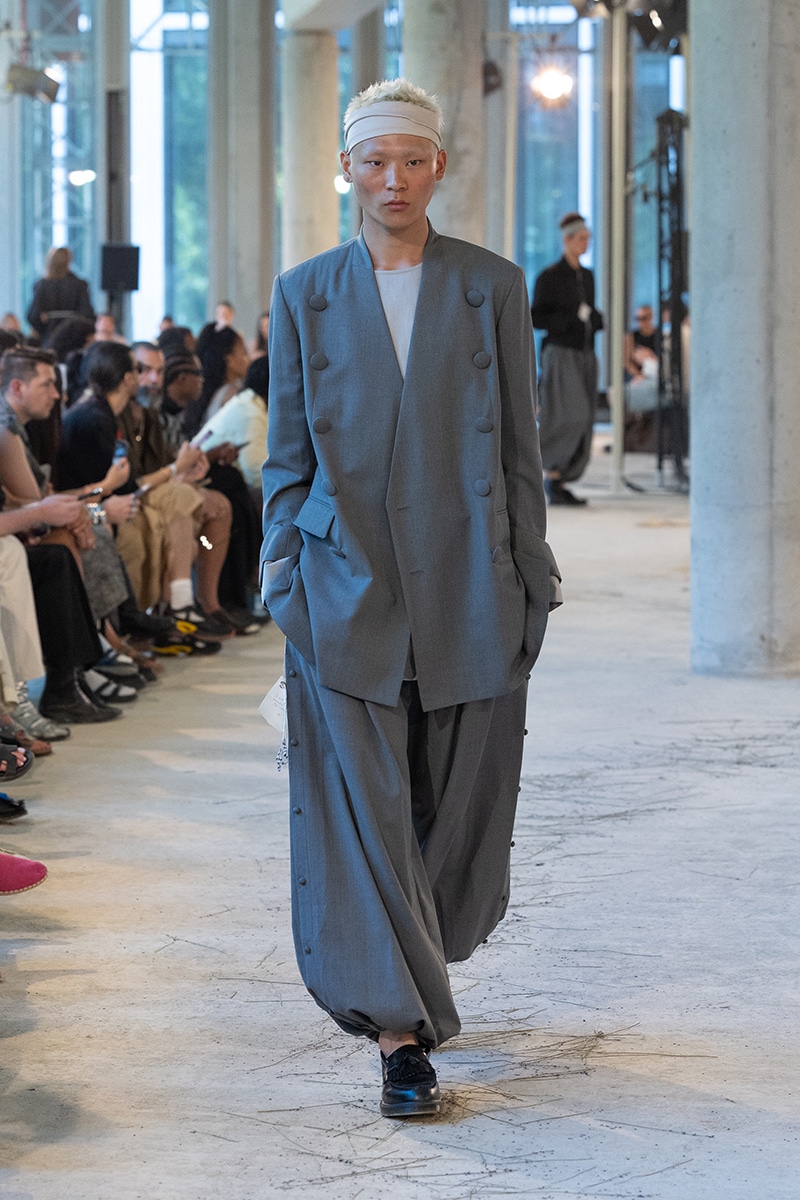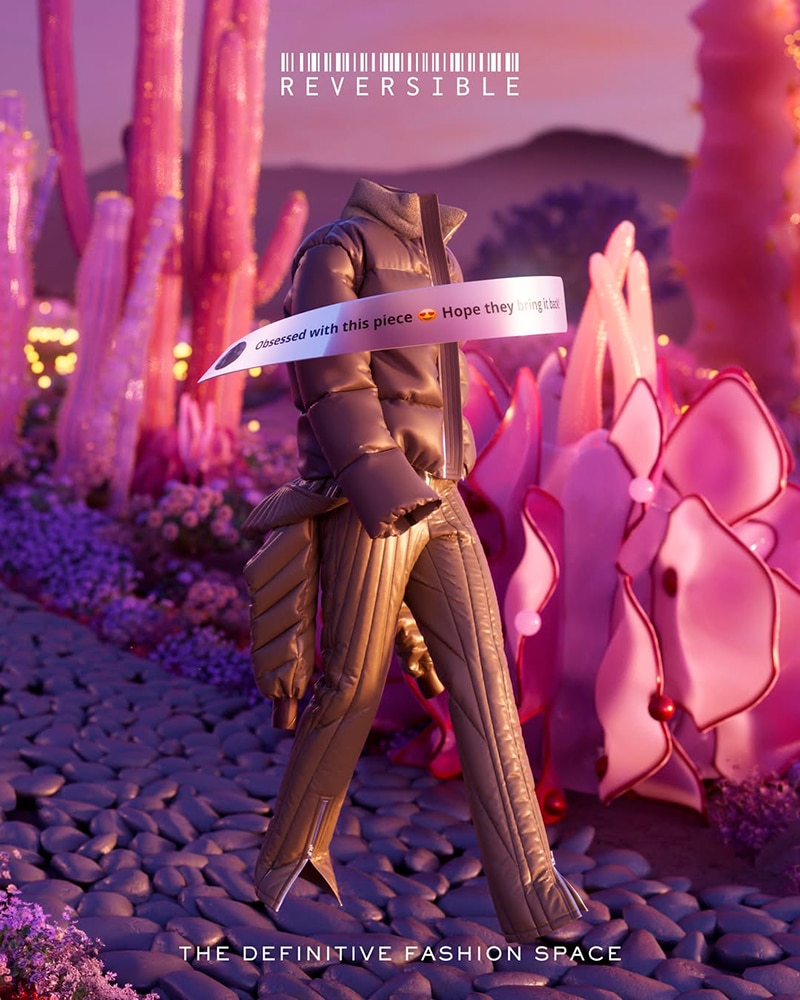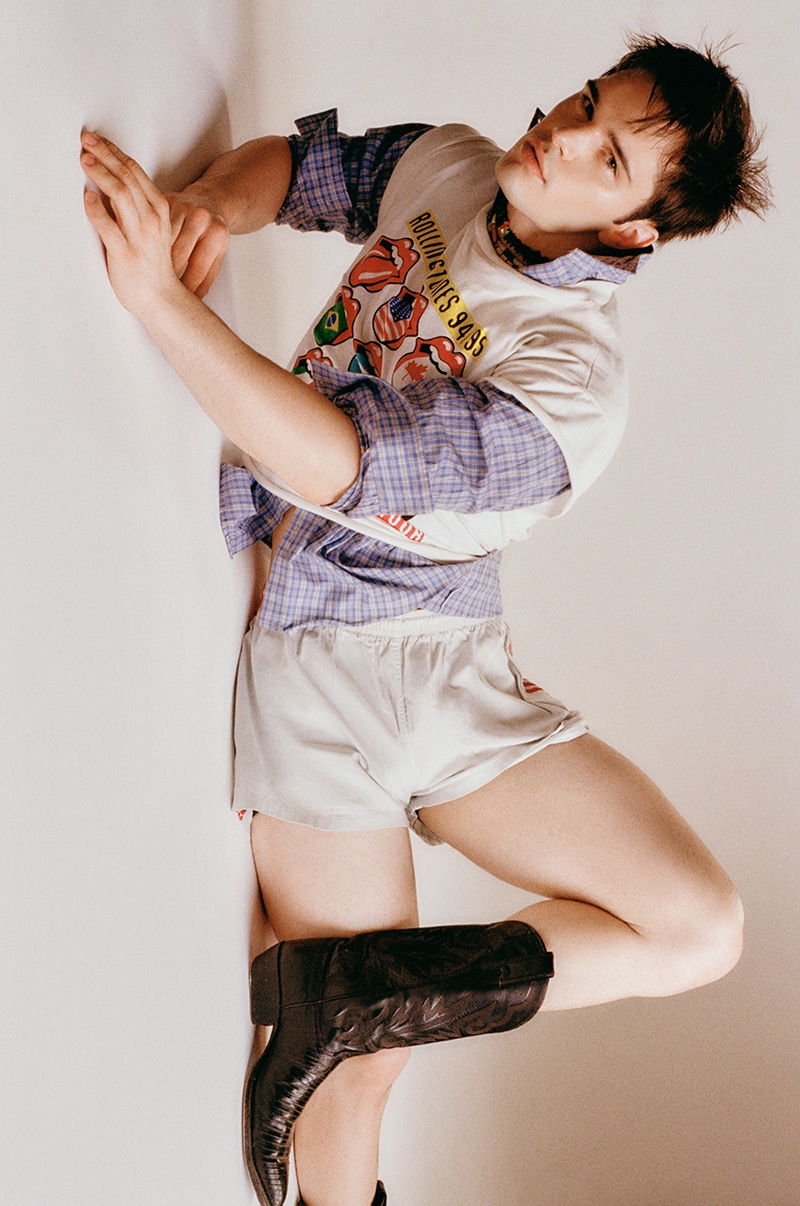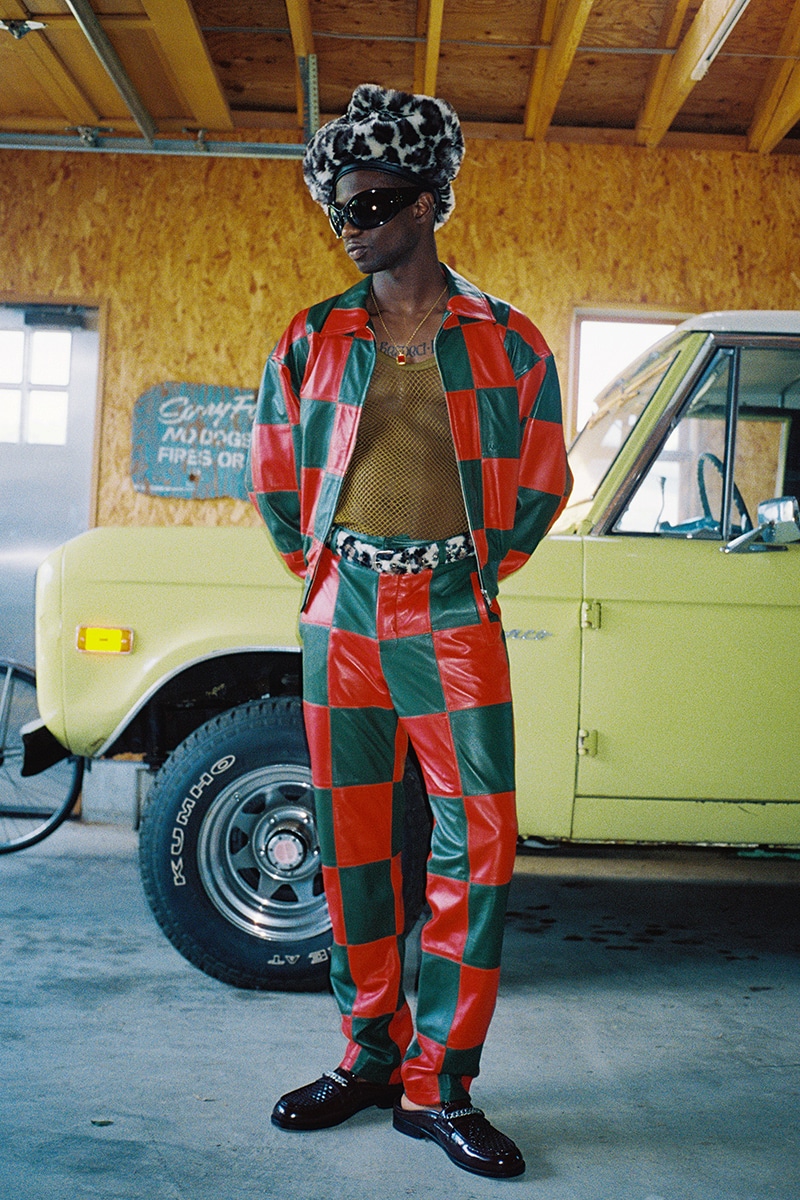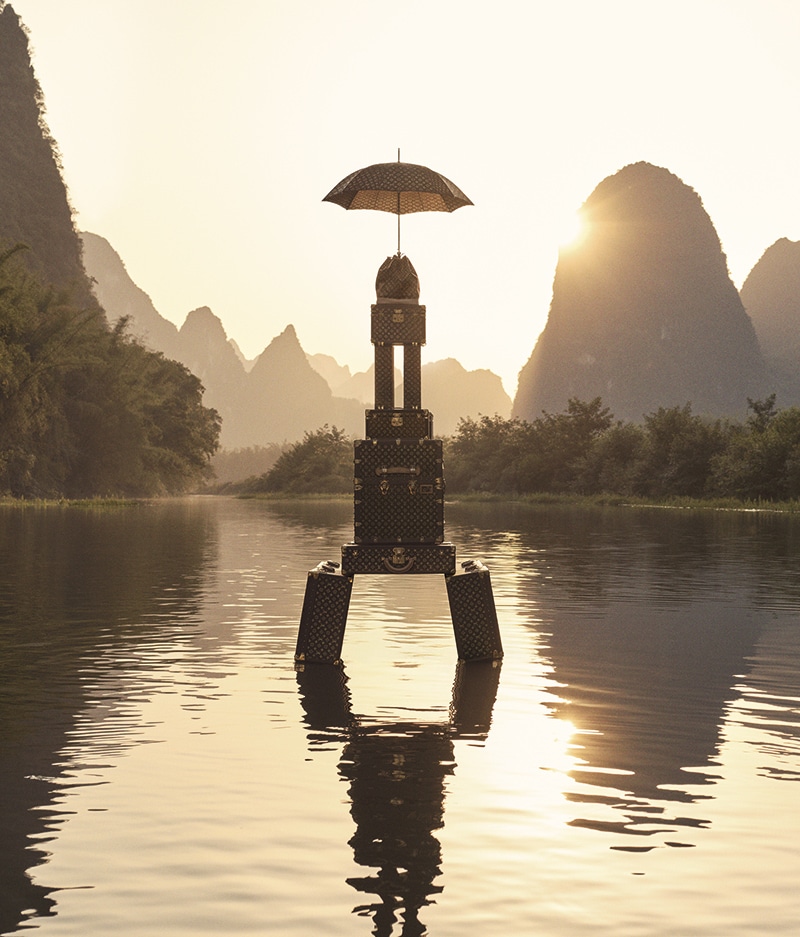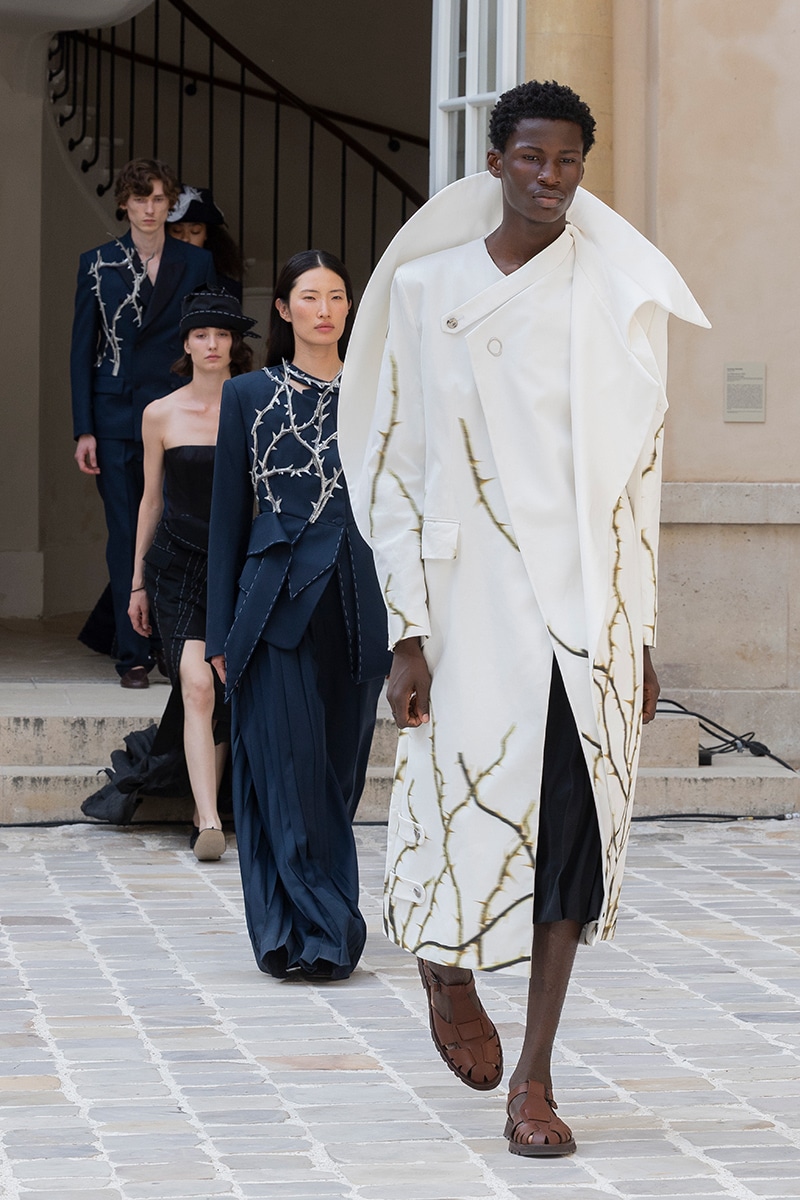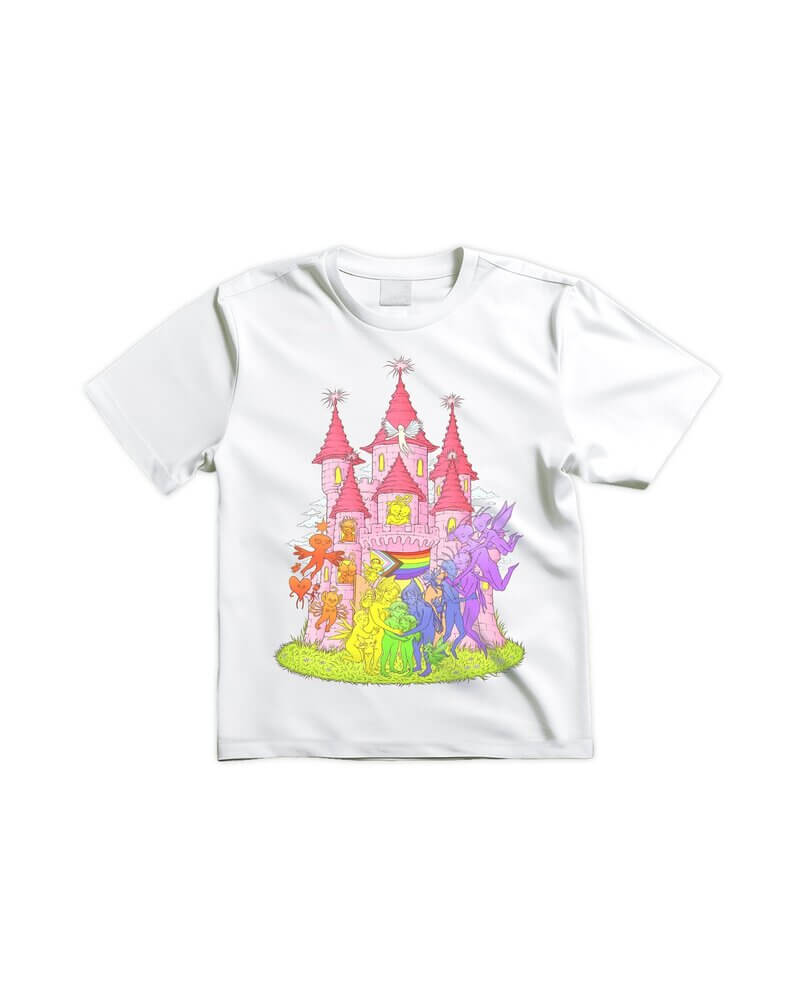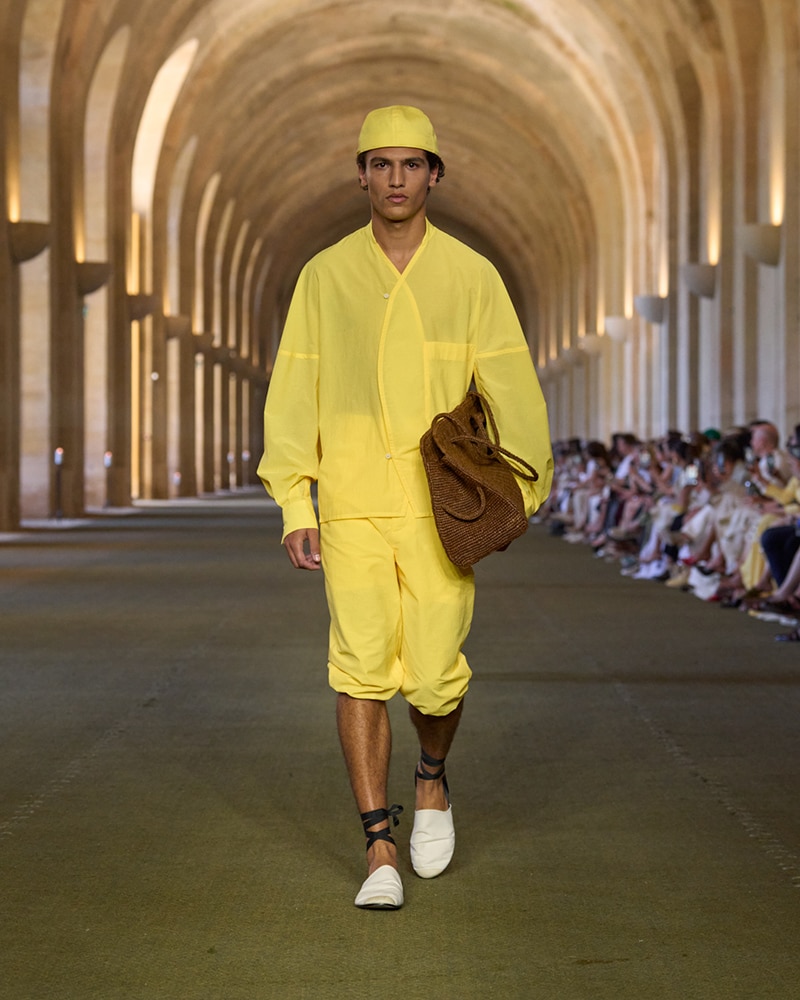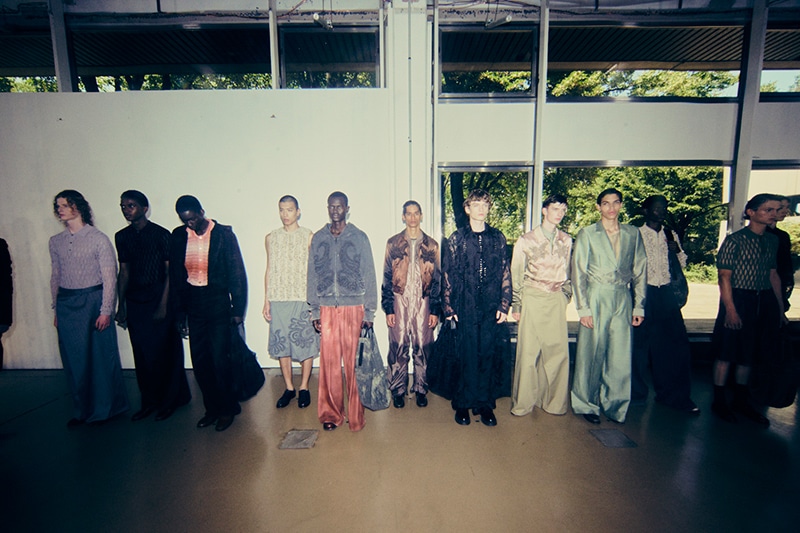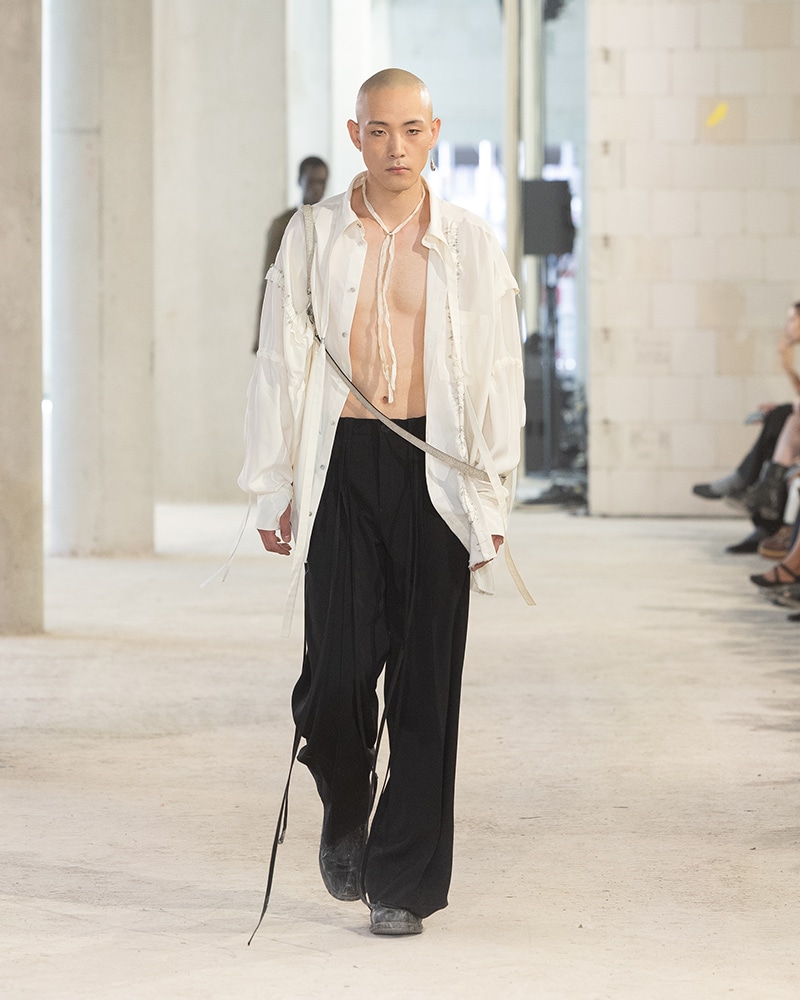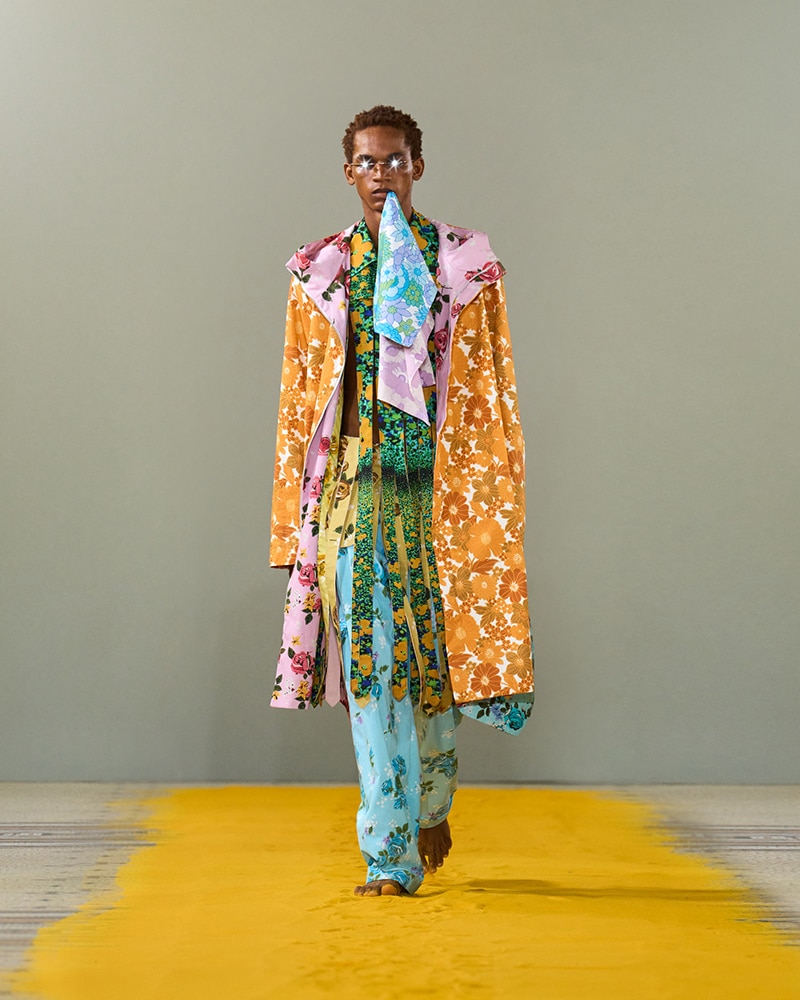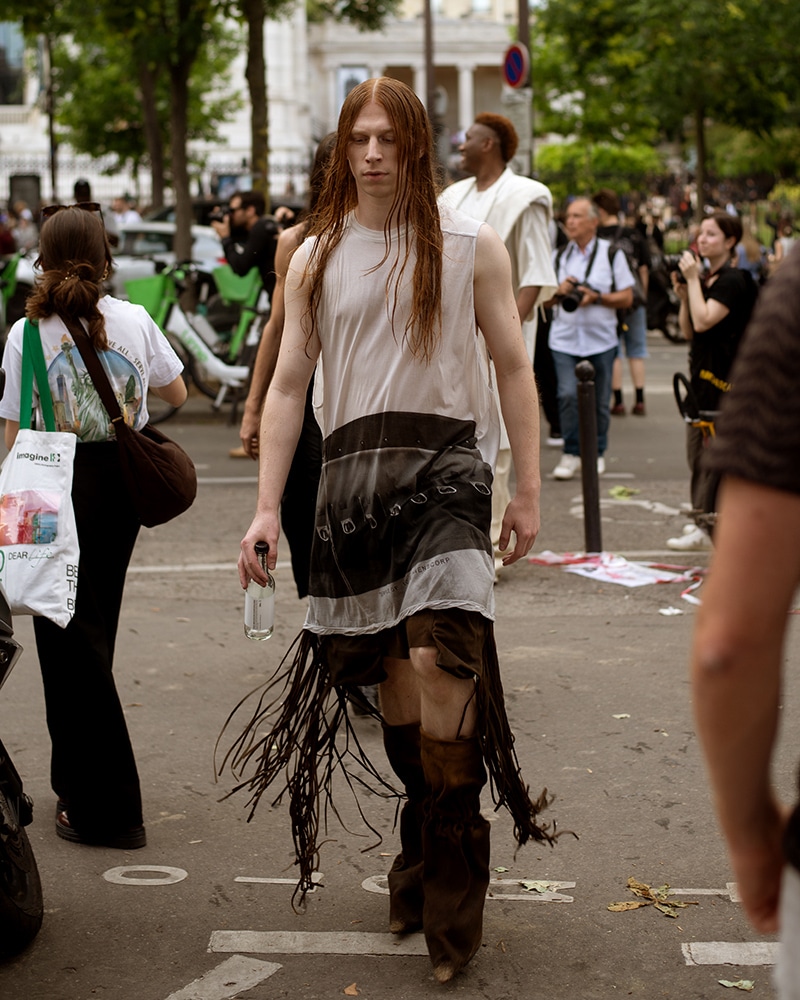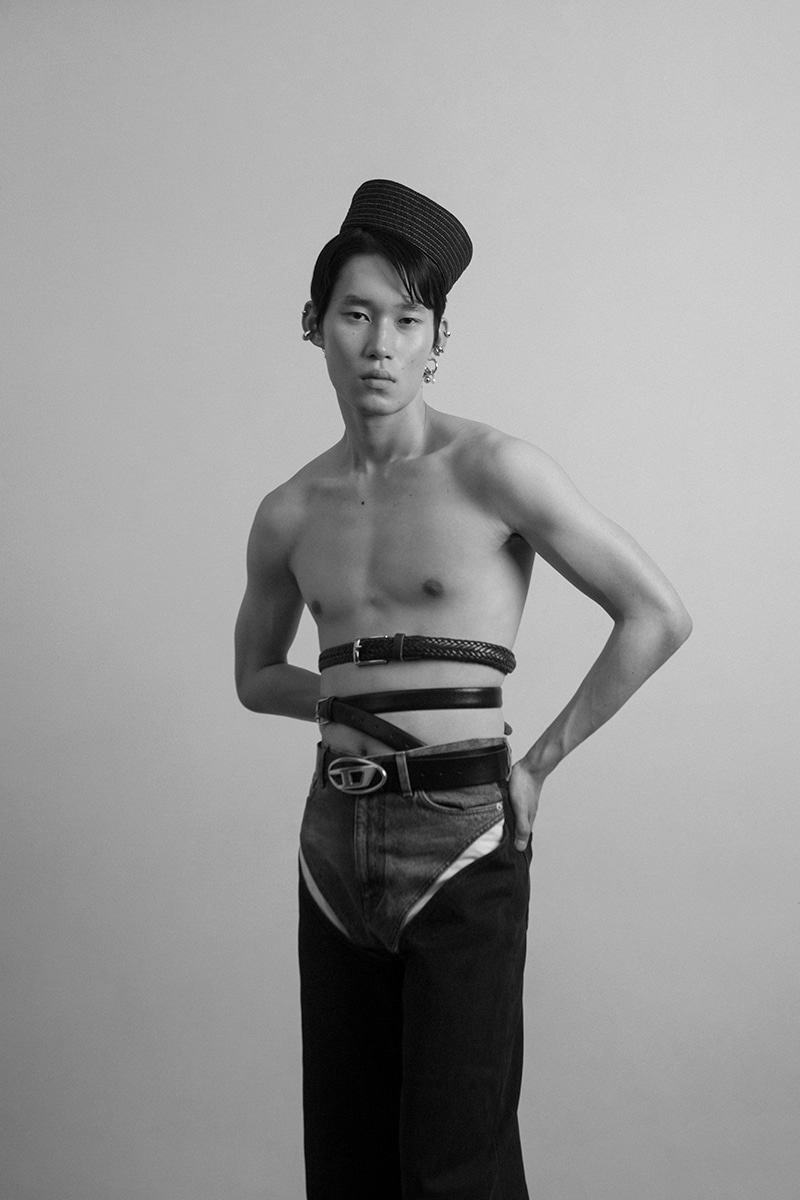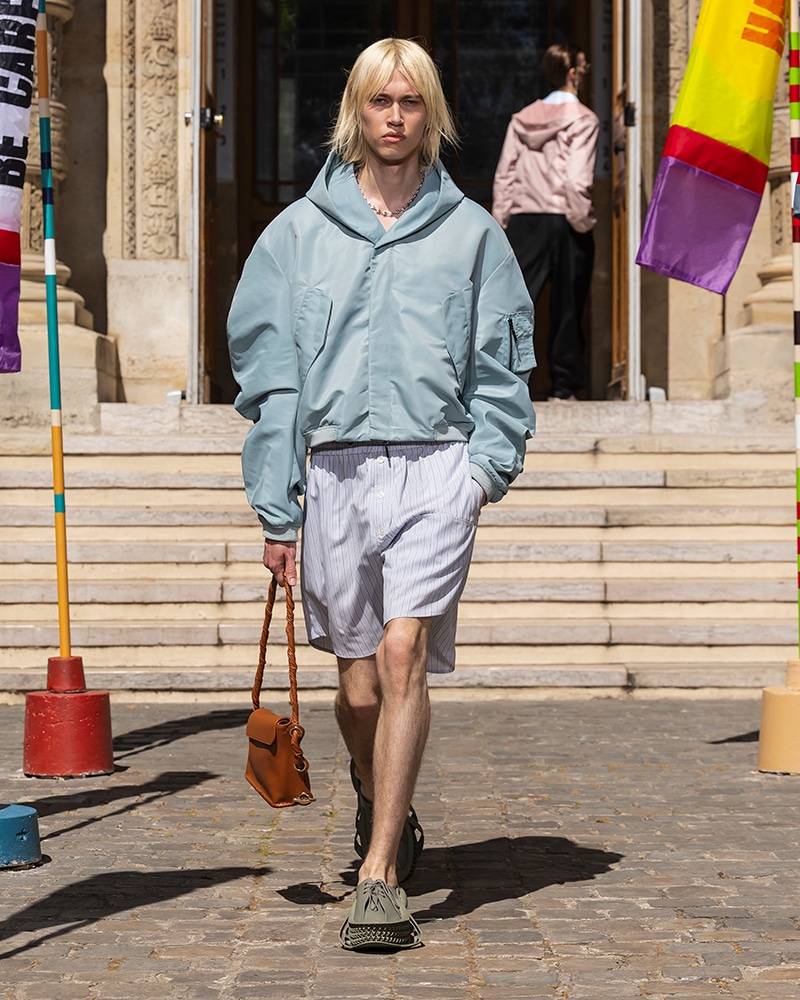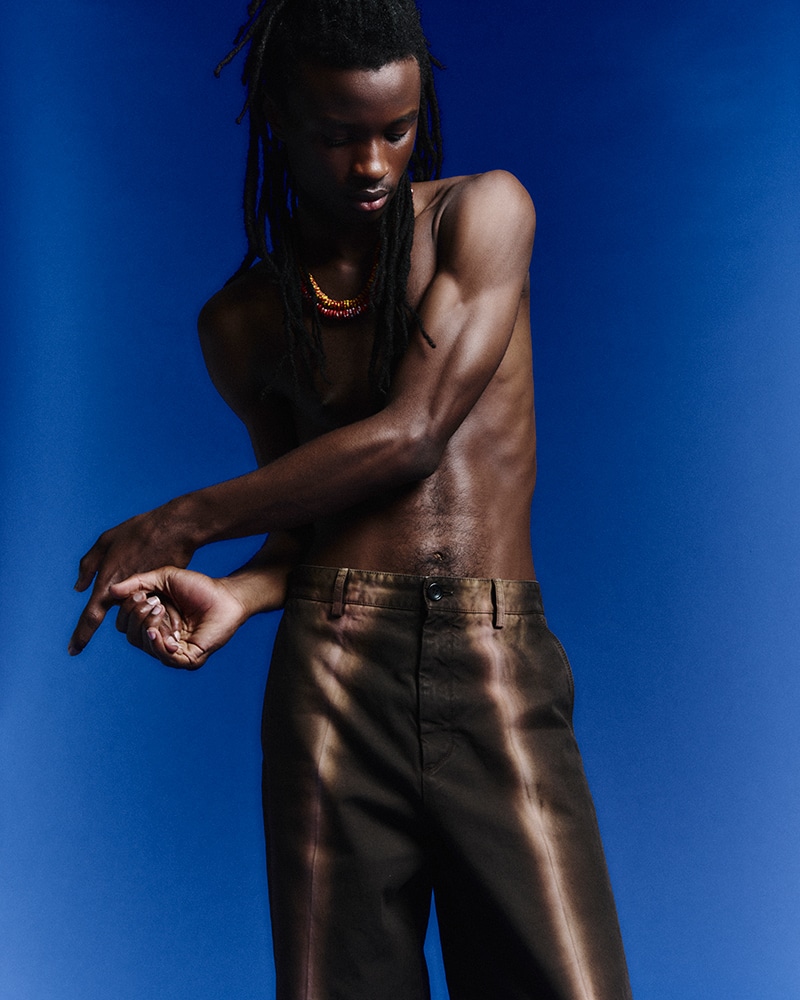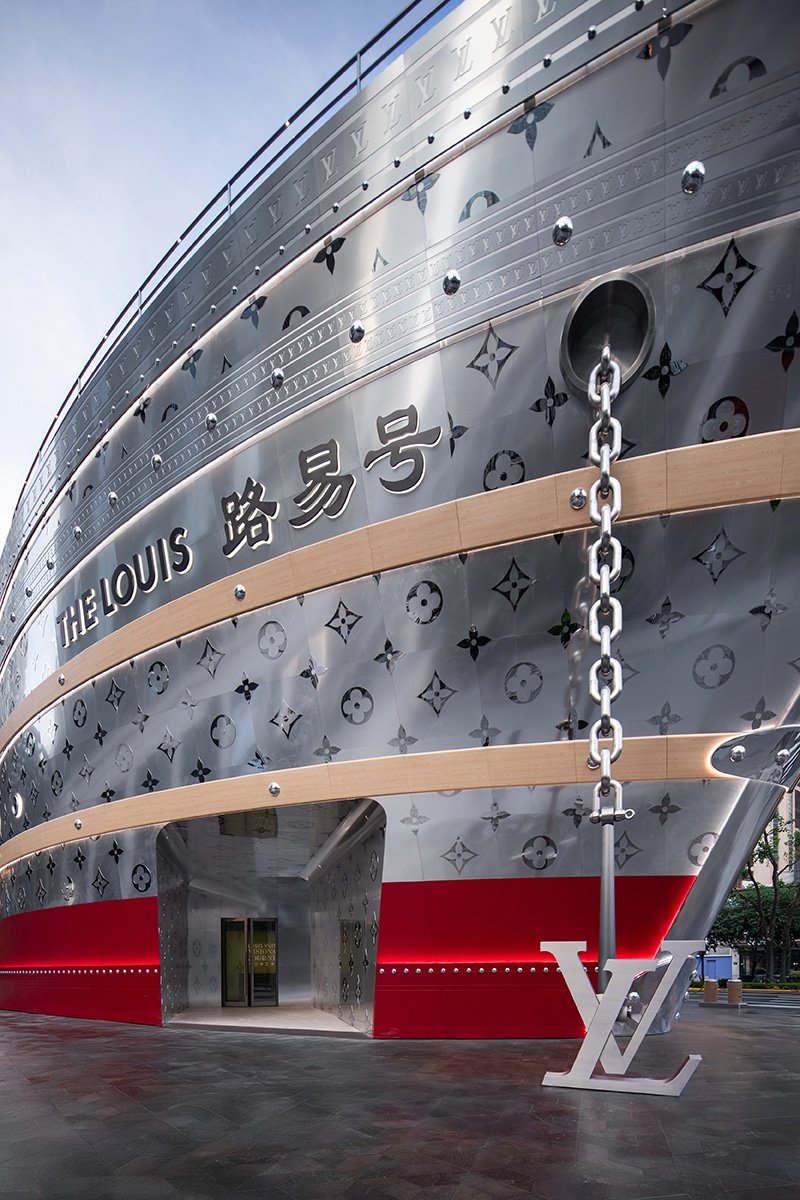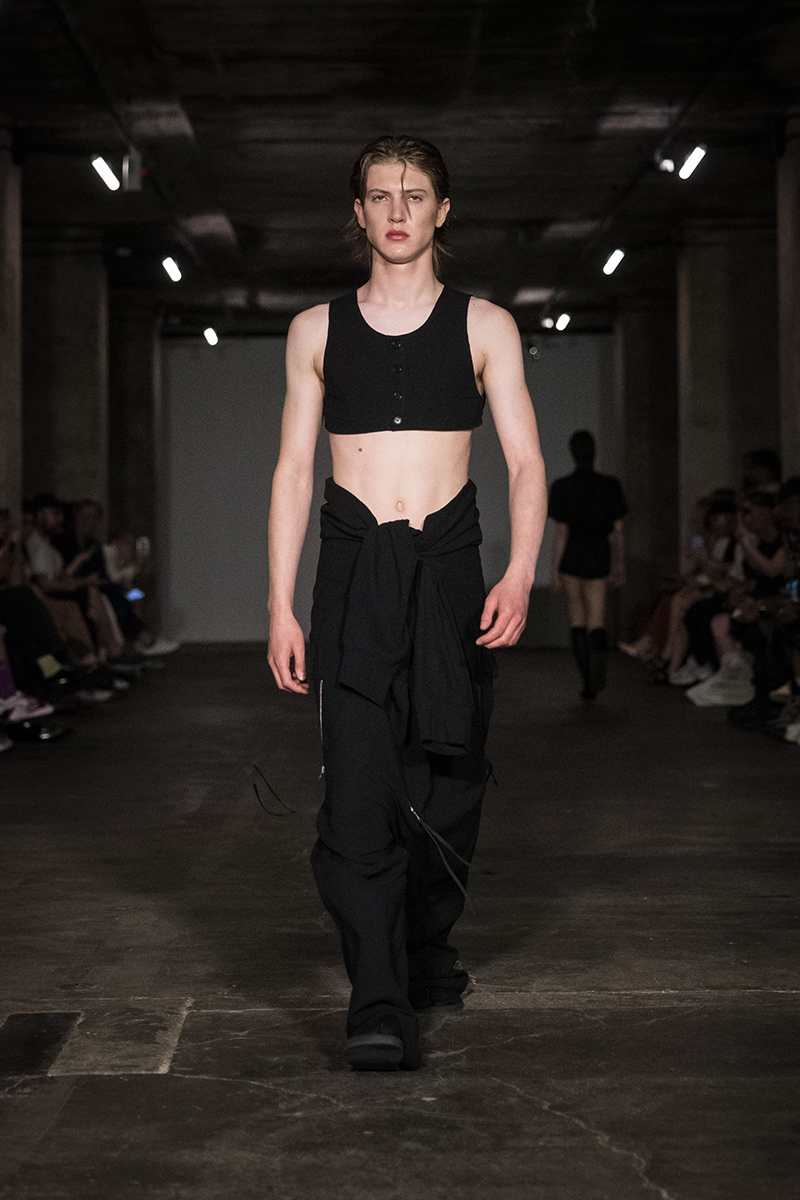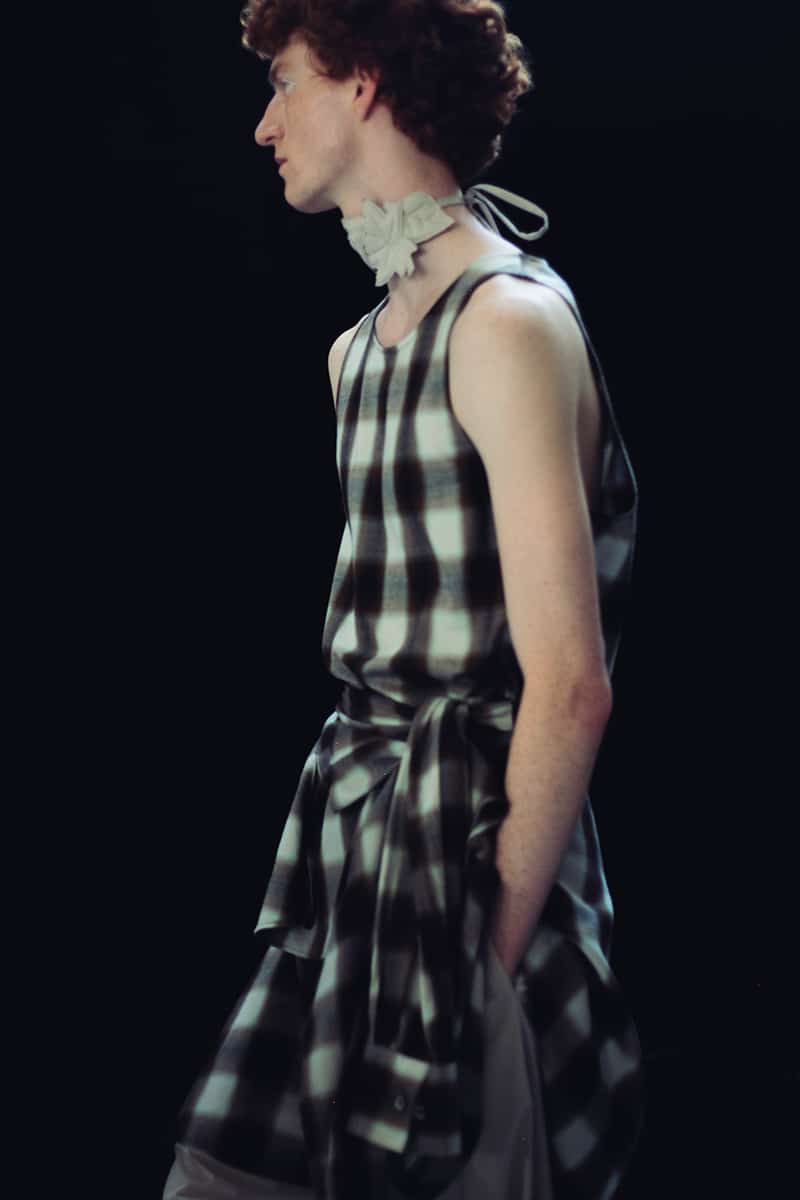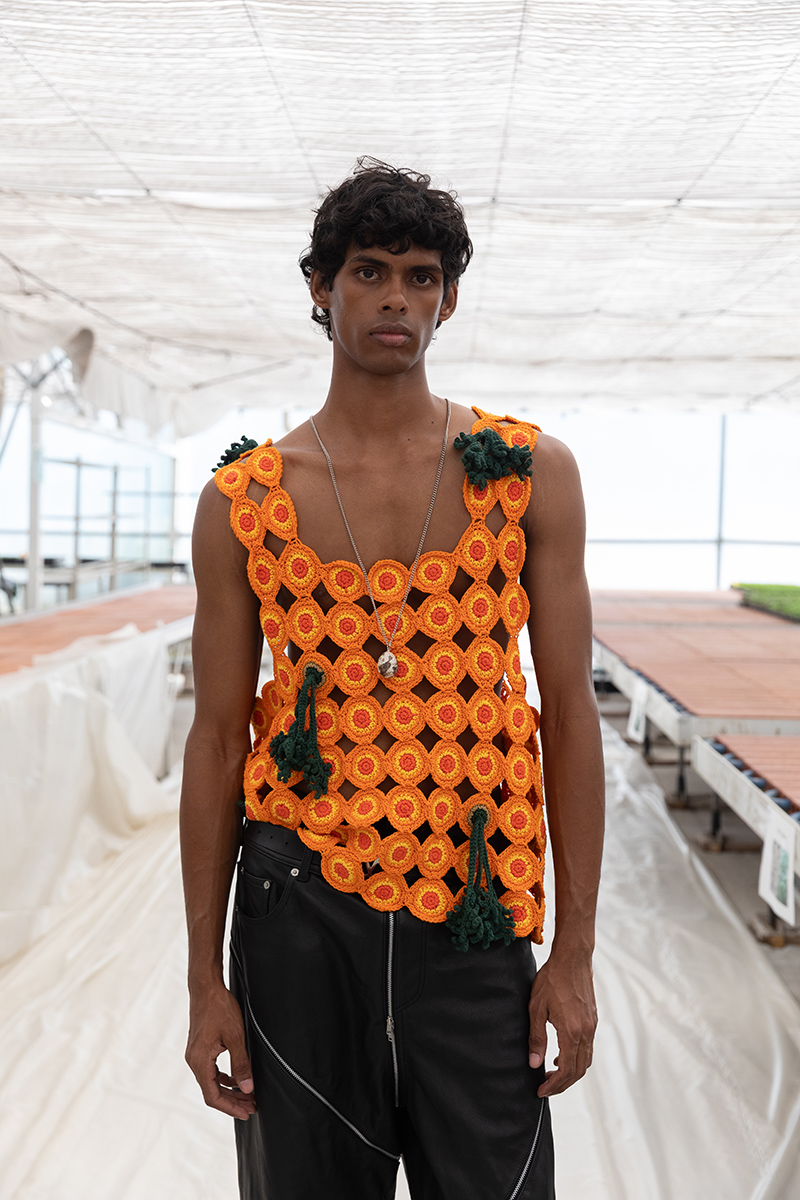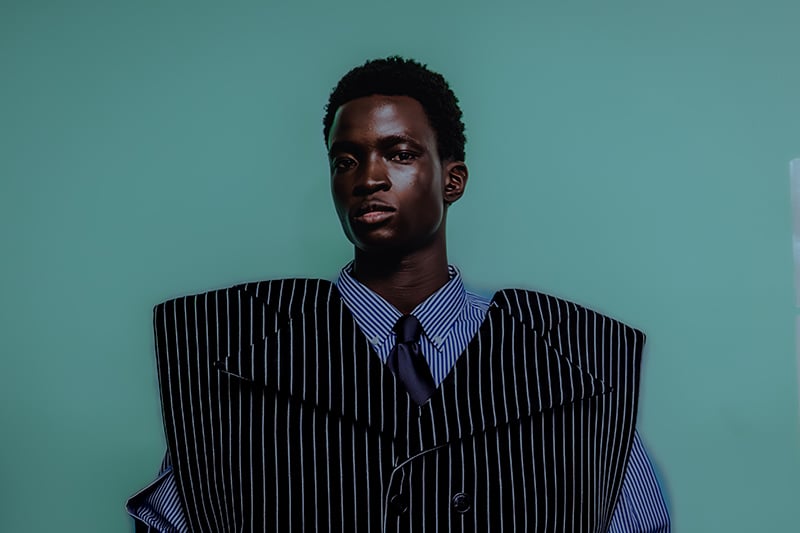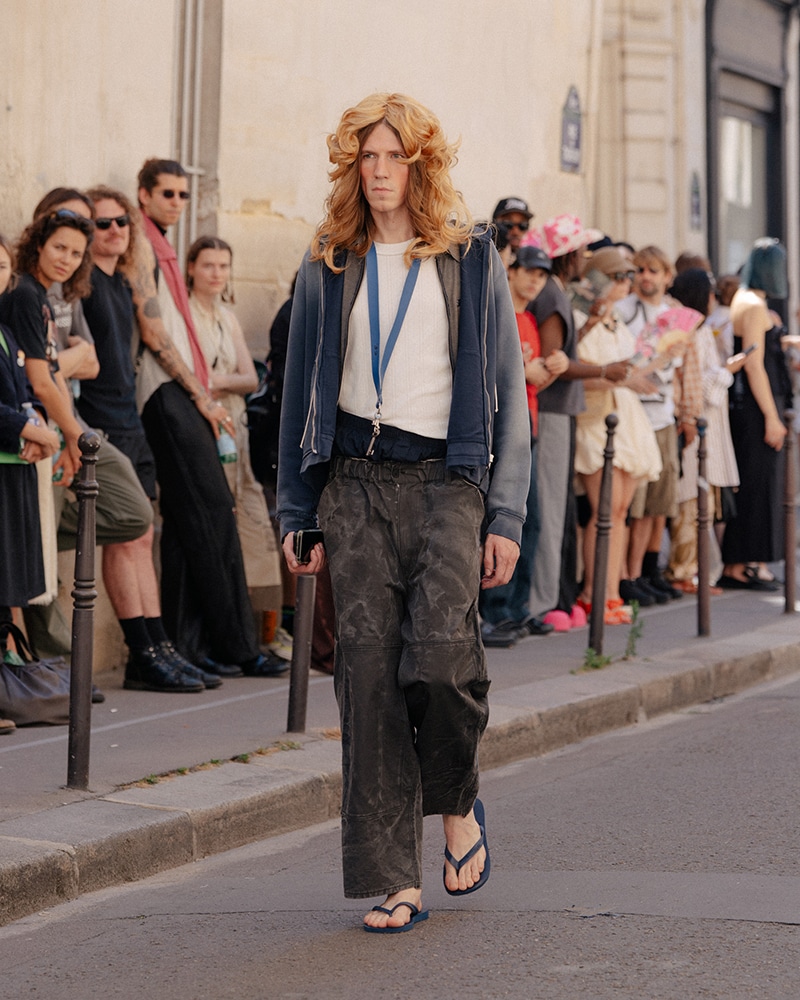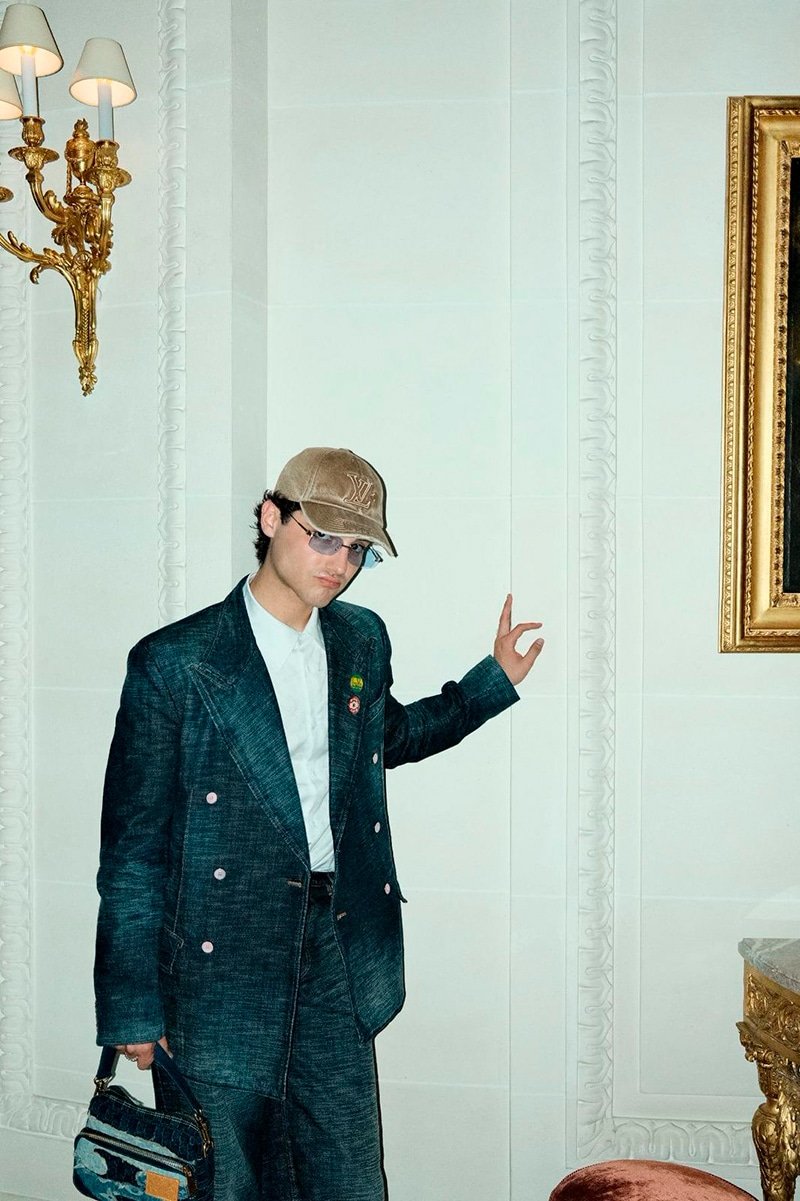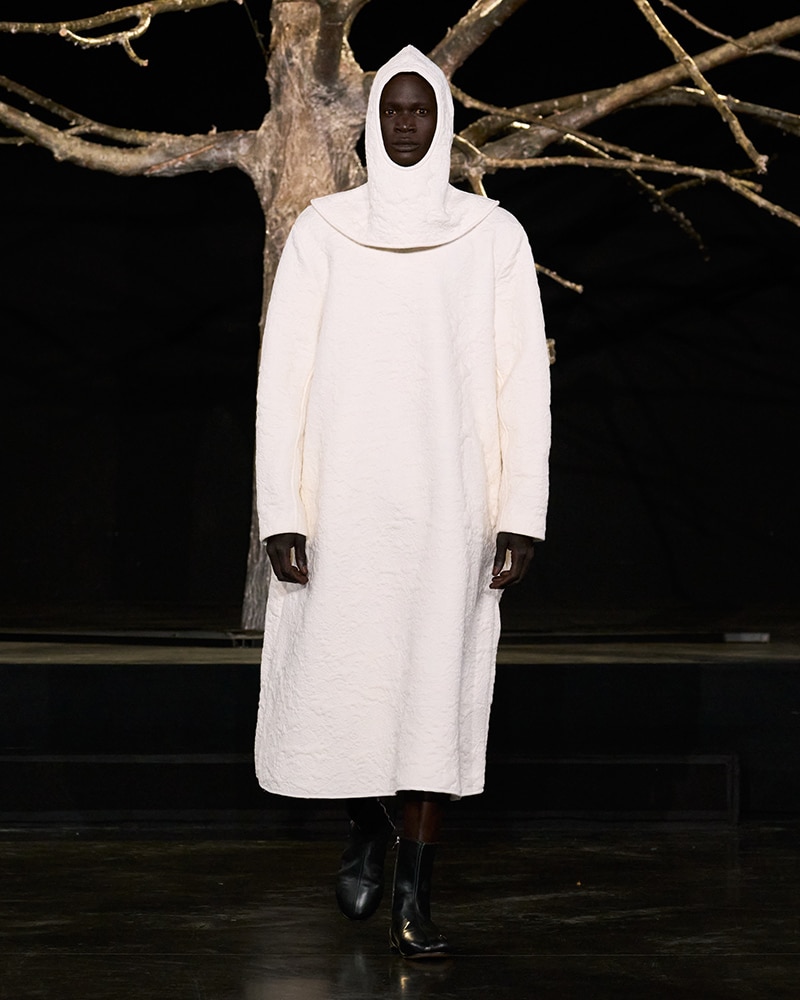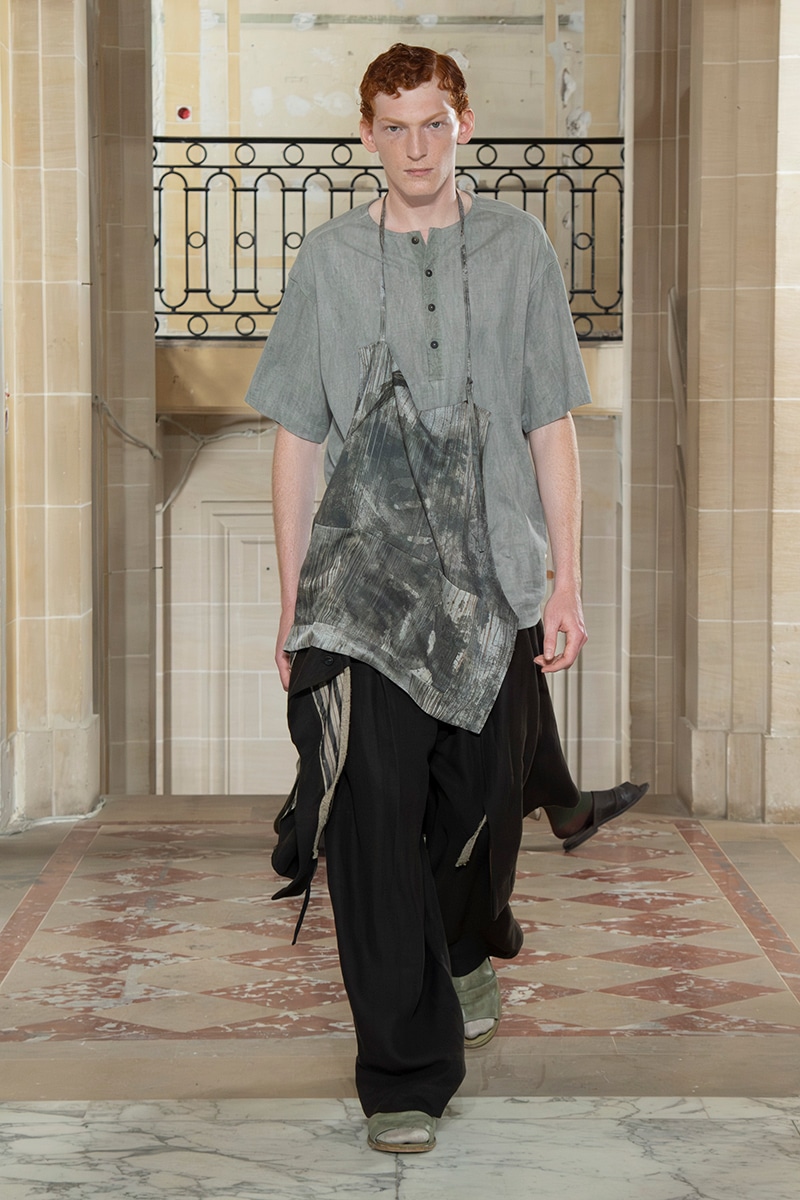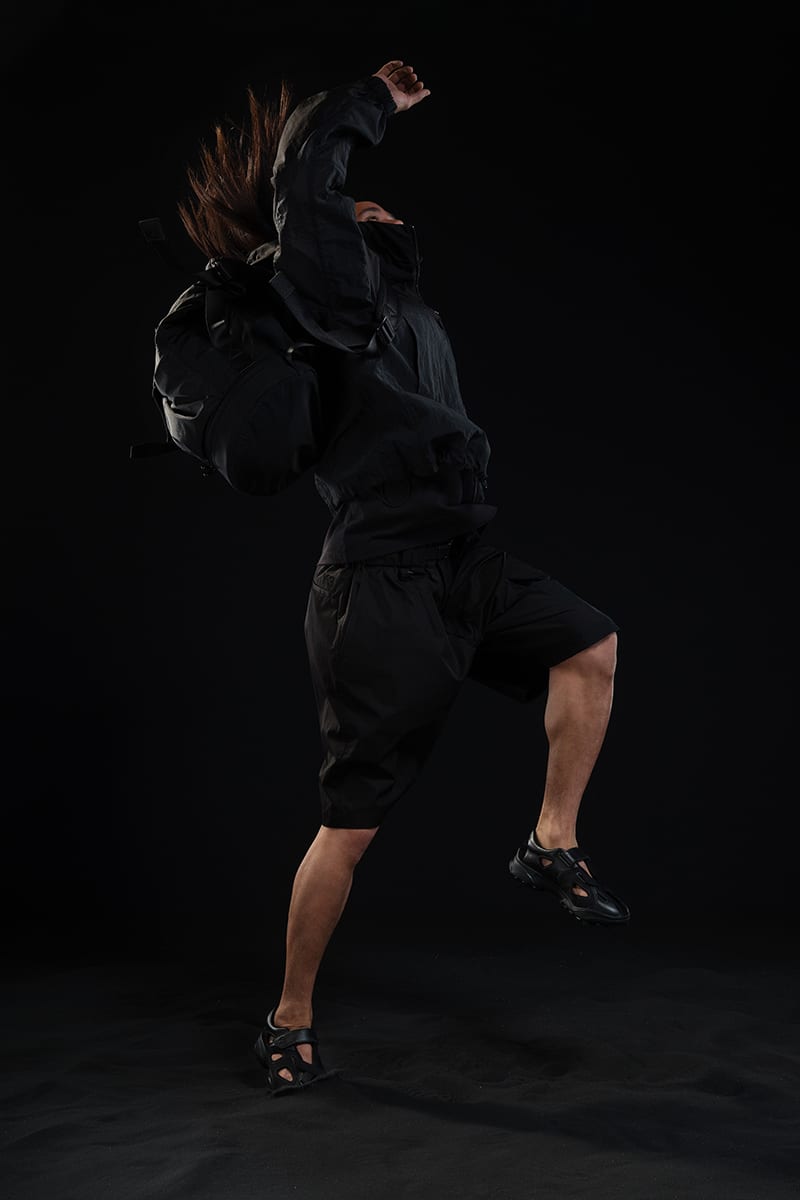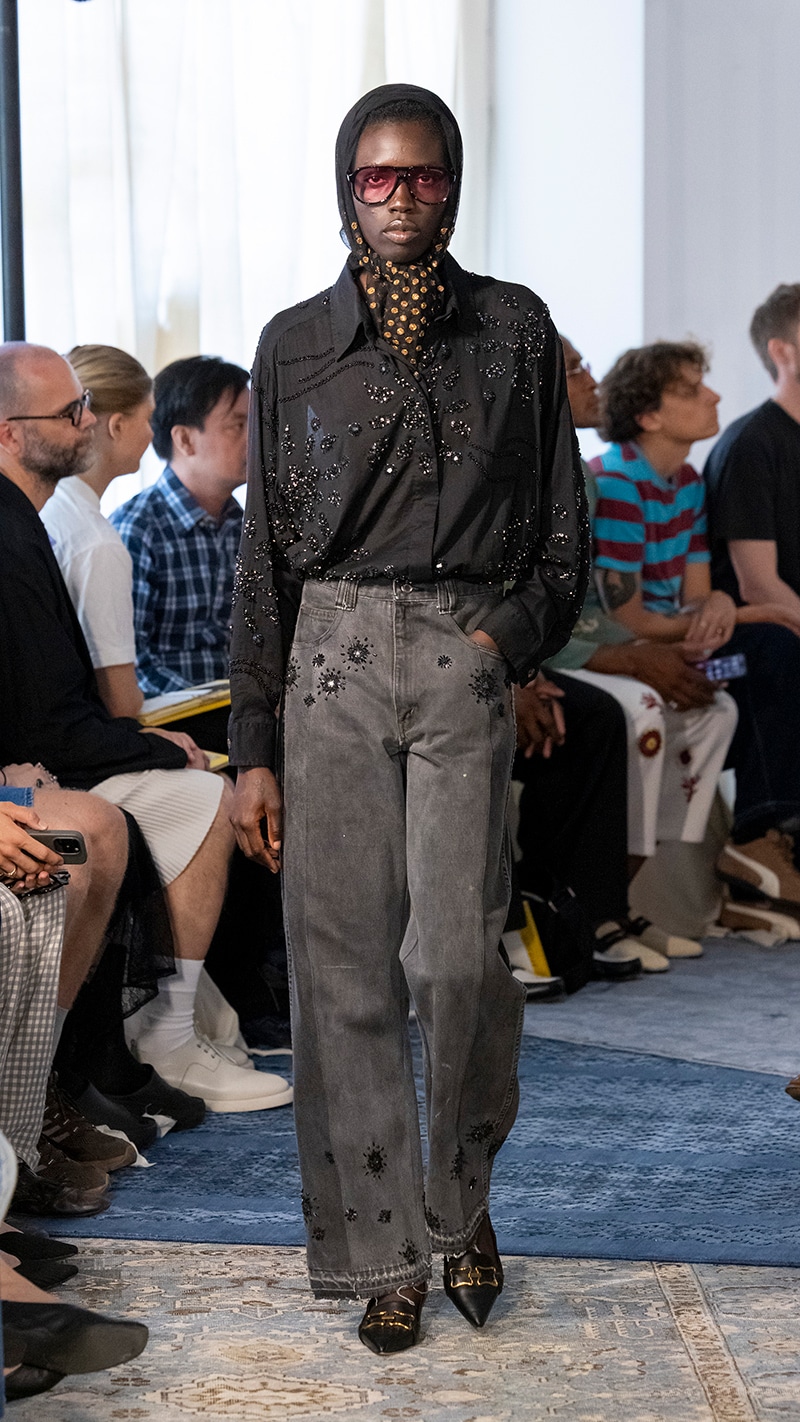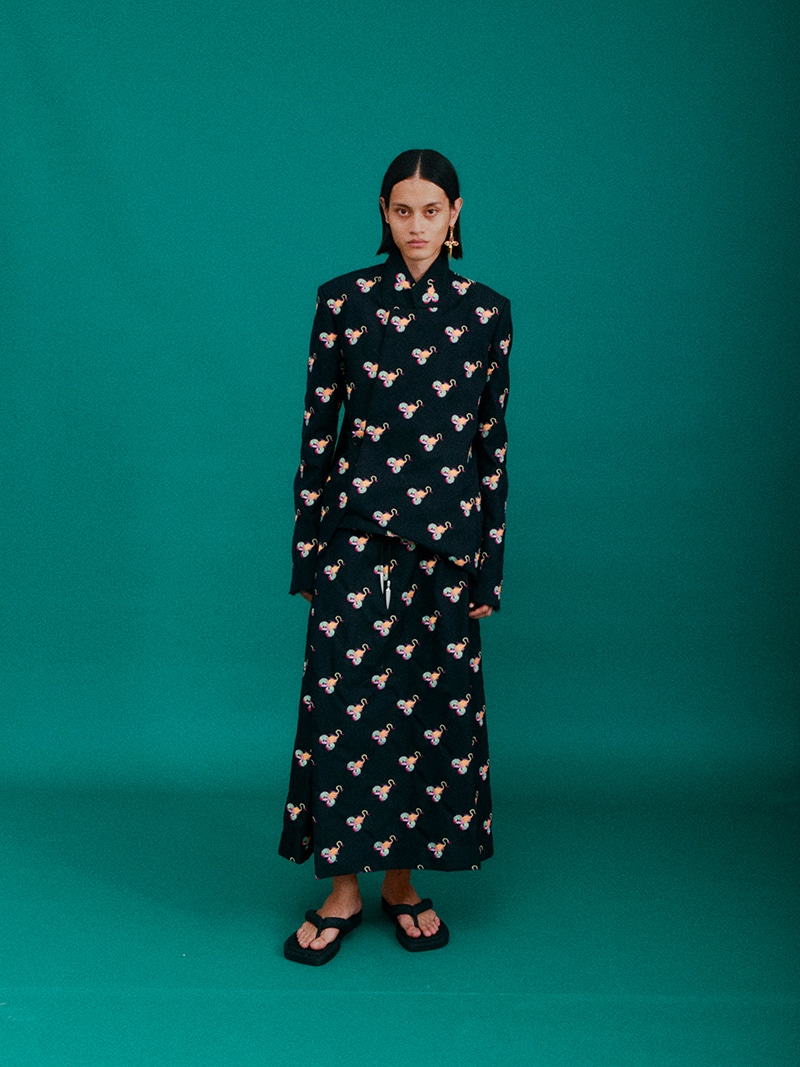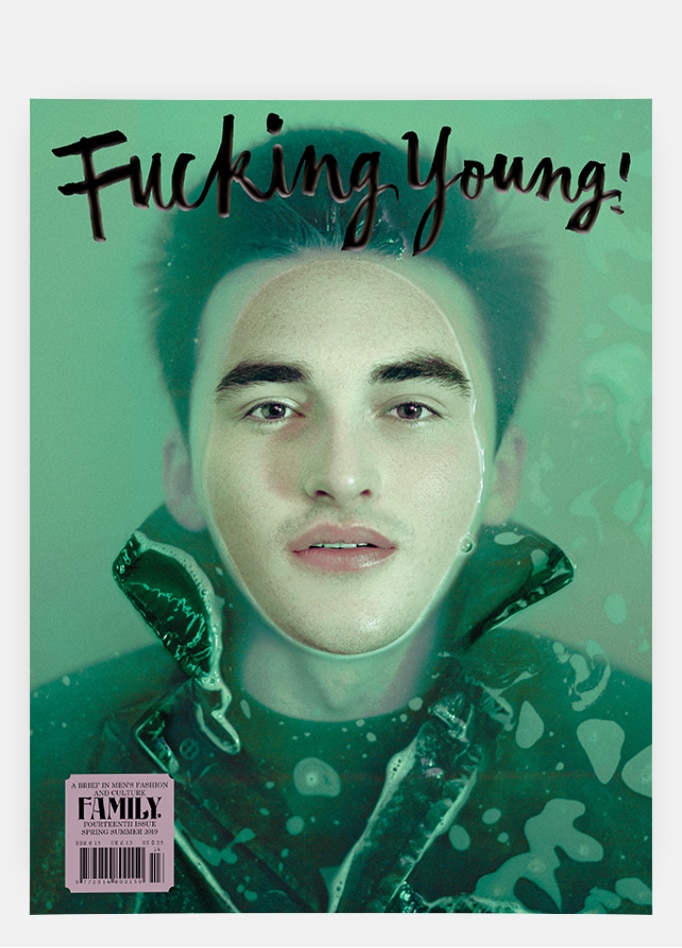No one should suffer and neglect the mishaps of racism. Because the soul is what makes a human, human. Not the skin color. Below, Jordan Anderson’s narrative of self-discovery.

I stare at Jordan Anderson and ask him: When did you realize you were black, or any color in particular? He sluggishly head-tilts, fleetingly dismayed. “There was no particular moment. I’ve always acknowledged myself as a black man, from as far back as when my mother used to complement the darkness of my skin, which is as long as I can remember,” he politely exclaims. As I momentarily sit with the creative beacon in Milan, Italy’s terribly-crammed metropolis and silently gasping over the exhaustive topics we’ll be ramming through in no time, (drumroll please…), it soon becomes clear just how God-damned adrenalized he is about life – or, that is, life on the cusp of an upward self-discovery process. There’s no deceptiveness on display; I sensed utter thoughtfulness and honesty from the 22-year-old. From the get-go, in spite of the spooky challenges humanity has brawled against over the past centuries, cultural biases and society-led appropriation measures have grown immensely. Thanks to cultural troopers and figures who wrote history forfeiting their life and claiming hopes for the forthcoming generations of ethnic minorities, racial issues have traversed the whispers and ignorance of the unknown and landed slap bang in the middle of our hierarchical system, on our smartphones, tabloids, school desks, workplaces, and down the alleys we cruise by day after day. Racist voices are heard louder and clearer today like never before. But who’s representing the voices of the discriminative, castigated, and reviled minorities? Step forward Jordan Anderson, the young creative plowing his own seed amidst the Western land. “[In the Caribbean] I was a peacock that left the herd to move to space where there were predominantly bevies of swans. In doing so, I had to learn I am still in the process of learning the meaning of belonging,” Anderson wearingly tells me, aggrieved by the manifold of stories he aired over the radio, along with the daily horrors and acts of social bravery read in the media. “My only hope is that perhaps things will speed up a bit faster and that our generation and the future generations will take the reins in correcting the myths and injustices of past generations,” he says. It’s been a drastic uprising, what racial minorities have had to tackle. And as we decide to lengthen our time of discussion, he enhances: “My sense of self and identity are things that are ongoing, and constantly developing with different facets and manifestations taken from cultural cues around me.” It’s a point that’s serious and noble because Anderson’s vision proudly identifies the prompts of social integration to adhere to a better system. As soon as I met him, I knew he was that guy I could share an instant rapport with. “Society hasn’t altered my perspective, I think it has shaped my perspective, it has shaped all our perspectives in different ways. However, changing cities, and in the process changing societies, does give you a wider view on how to see things from different cultural points of view,” he consciously ponders, ruminating on how society has acted as an imperative armor for and against inner growth.
For Anderson, blackness has nothing to do with trends or social phenomena; it’s an ongoing conversation that needs to be continuously challenged amidst modern customs. In honoring these beliefs of justice in his vision, Jordan is a powerfully-rooted one that has flourished beyond the borders and confines of what it means to be black, burgeoning a passion in writing and sculpting a reality of change.
Now we’re crushed with disruptions that affect all races, we’re drawn to acknowledge a future that corrects the wrong, embracing no means of social, religious, or behavioral constrictions; rather, that vows against discrimination, perpetuating an inmost sense of collective belonging. No matter what.

Hey Jordan, thanks for tuning in. When did you first realize you were black, Or any color in particular?
There was no particular moment. I’ve always acknowledged myself as a black man, there was no aha moment, I’ve been aware of myself from as far back as when my mother used to complement the darkness of my skin, which is as long as I can remember. However, the moment I became aware that I was a gay black man living in a white world was partially as a teenager and fully upon my move to Europe, only a few years ago.
Rewinding things a little, could you tell us your story and where you’re from?
I was born and raised in Kingston, Jamaica, where I also studied and took my first job as a lifestyle writer and reporter for the local newspaper. Four years ago, I opted to move to Italy, pretty much in pursuit of widening the plot of my story and career in general.
How did your move impact your sense of self and identity?
My sense of identity was immensely impacted. In the Caribbean we’re like a herd of peacocks, being from there you have so much color so much flavor so much different influences of the culture around you which influences who you are, and who you grow up to be. Figuratively speaking, I was a peacock that left the herd to move to a space where there were predominantly bevies of swans. In doing so, I had to learn I am still in the process of learning the meaning of belonging. My sense of self and identity are things that are ongoing, and constantly developing with different facets and manifestations taken from cultural cues around me.

In what way has society altered your perspective?
It depends. Society hasn’t altered my perspective, I think it has shaped my perspective, it has shaped all our perspectives in different ways. However changing societies per se, does give you a wider view on how to see things from different cultural views. You’re given a grander palette of ideologies, systems, and values to choose from and you get to choose which ones to take on and which ones to leave behind, which I learn more about and process each day.
How would you define racism?
As James Baldwin perfectly puts it, “It’s the idea of thinking it’s important to be white, simply because it’s important not to be black — or any other color.”
I’m a black Italian too, and I feel like cultural awareness and social appropriation are thrown in the deep ends in most cases, as society still stigmatizes it no matter what. What’s the reality of being black like in a white-dominated country such as Italy, and most importantly, what are the implications you stand facing?
The reality is that it’s difficult, it’s not easy, especially coming from a space where you were once so closely intertwined with your people. It’s difficult at times to find cross-culture references and many times boundaries that you think should be around are entirely non-existent as a result of cultural ignorance. Nonetheless, it’s a personal journey that one has to take. There’s no one answer to what it’s like being black in Italy because it varies based on several factors such as class, background, and circumstance, your experience might be different than mine, but it’s somewhat of a struggle either way. It’s definitely been an interesting experience, to say the least.

There have been a plethora of happenings both socially and culturally over the past years, but there have also been major anthropological and environmental events, caused by wide phenomena we’ve been unable to control. When you chose to plunge your soul into writing, what was the sparking force that told you to begin expanding such a path?
My older brother is a talented poet, so I’d like to believe he had a sizable amount of influence on me. My first editor was also a woman who held great expectations and value for the craft so that surely allowed me to push myself further into honing my own.
As a black man, your vision must be explicit and somewhat introspective. What inspires you to advocate for a better world?
I think being from a culture that is the byproduct of so many different cultures, I’ve seen a glimpse that the influence and impact that an integrated world has on an individual. It creates a wider sense of community which although may have major issues in itself, allows one to grow up much more aware of surrounding cultures.
Is there anything that changed in your life vision since you moved to Europe?
My life vision changes every week… I’m constantly setting new goals for myself.
What are your hopes for future generations?
Well, all my hopes for future generations seem to be happening as we speak. People are becoming more curious and aware, open to new ideas, not only in regard to race, but also gender and sexuality. My only hope is that perhaps things will speed up a bit faster and that our generation and the future generations will take the reins in correcting the myths and injustices of past generations.
What can be done to encourage progress?
Having conversations. Constantly engaging in what may seem like intense dialogue, allowing people to chime in, respectfully ask questions and get answers and in doing so being open to emotions of anger, sadness, joy, and relief, because it’s all a part of the process.

